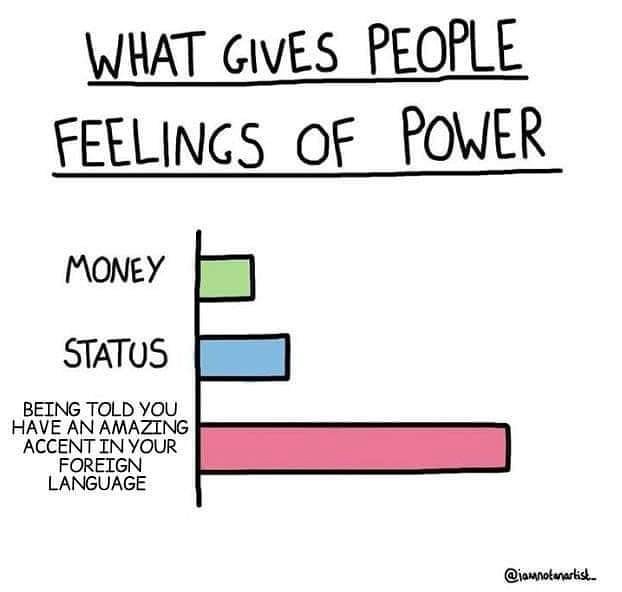Last week, I got to interpret at the registrar’s office for the registration for the marriage of a German-British couple. I had only spoken with the bride on the phone, and the groom had flown in only two days prior, so this was the first time we met in person. Since we were early and the registrar was still busy, we started chatting – in English, of course.
They both had lovely British accents, which made my American drawl stand out even more, but we clicked and had great fun, so that was not an issue in any way.
And then it happened.
The groom (the only non-German in the house) asked me: „So, where did you learn to speak German so well?“
He almost fell off the chair when I said that I was actually German and had grown up here.
He thought I was a native (American) English speaker!
I’ll be honest: It made me just a little proud – and very happy!
And really, what is wrong with that? This is in a way the highest praise you can receive for speaking a foreign language, and it means even more to me as an interpreter. After all, people have to listen to me speak English, and if I can do it „accent-free“ it tends to make it easier for them.
Now, don’t get me wrong, please. Accents are not bad per se, and having one (or not) does not automatically say anything about your skills as a translator or interpreter (or anything else, for that matter).
But let’s be honest – it is a great feeling to be mistaken for a native speaker! Even if you only admit it to yourself…


